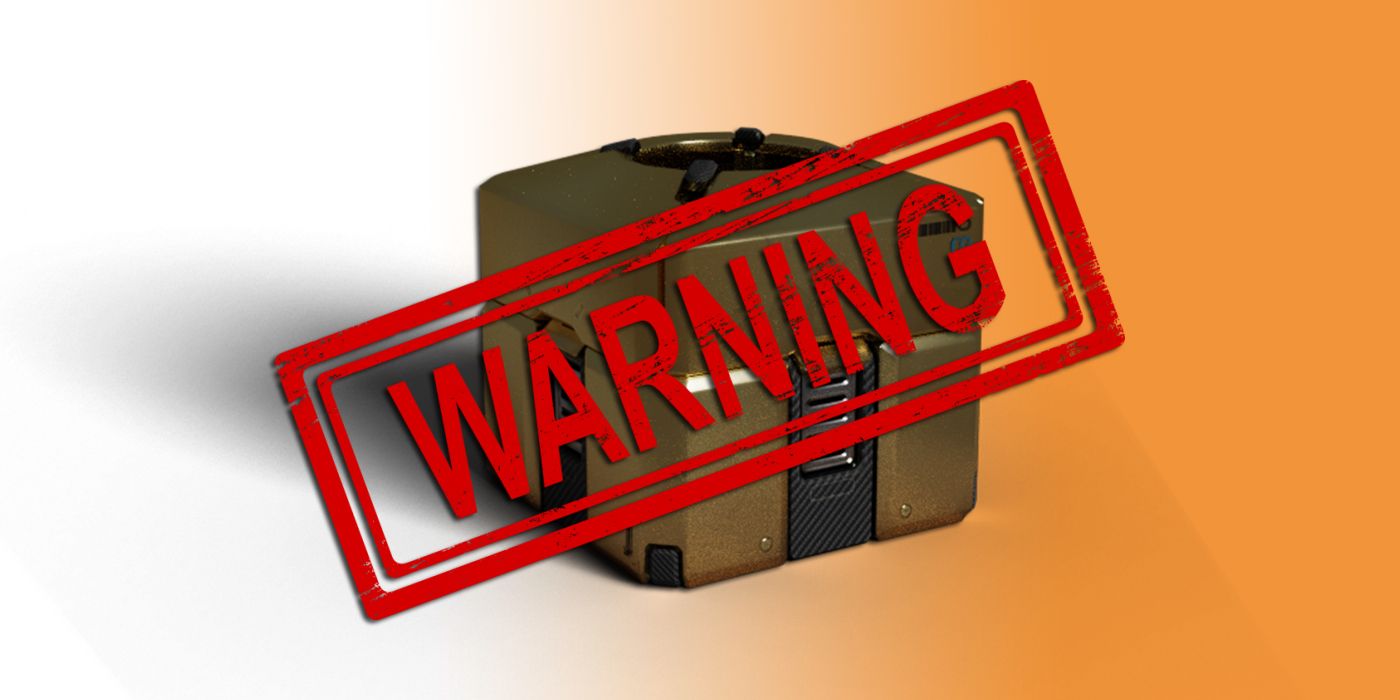A recent study carried out by the universities of Plymouth and Wolverhampton has concluded that there is a definitive link between loot boxes and gambling. This information is a significant development as loot boxes and microtransactions have become even more prevalent in today’s gaming landscape. To date, they are among the primary ways developers turn a profit and maintain players.
According to a report by the BBC, a new study states that “the link between loot boxes and problem gambling has been ‘robustly verified.’” It specifically draws attention to the fact that children are among the largest demographic opening these loot boxes, drawing some to consider whether gambling laws should be extended to cover video games.
In order to obtain this information, the research compiled information from other similar reports. It found that of the 93 percent of children who play video games, up to 40 percent opened loot boxes. It also found that 12 of the 13 studies “have established ‘unambiguous’ connections to problem gambling behavior.” Finally, it concluded that the top 5% of loot box purchasers “can spend more than £70 or $100 a month on the boxes.”
This is hardly the first time it has been proposed that gambling laws should cover loot boxes. The governments of countries such as Japan, China, and the Netherlands already have regulations to keep loot boxes in check. However, as long as they remain so prevalent in today’s video games, the issue may never be fully resolved.
Source: BBC


